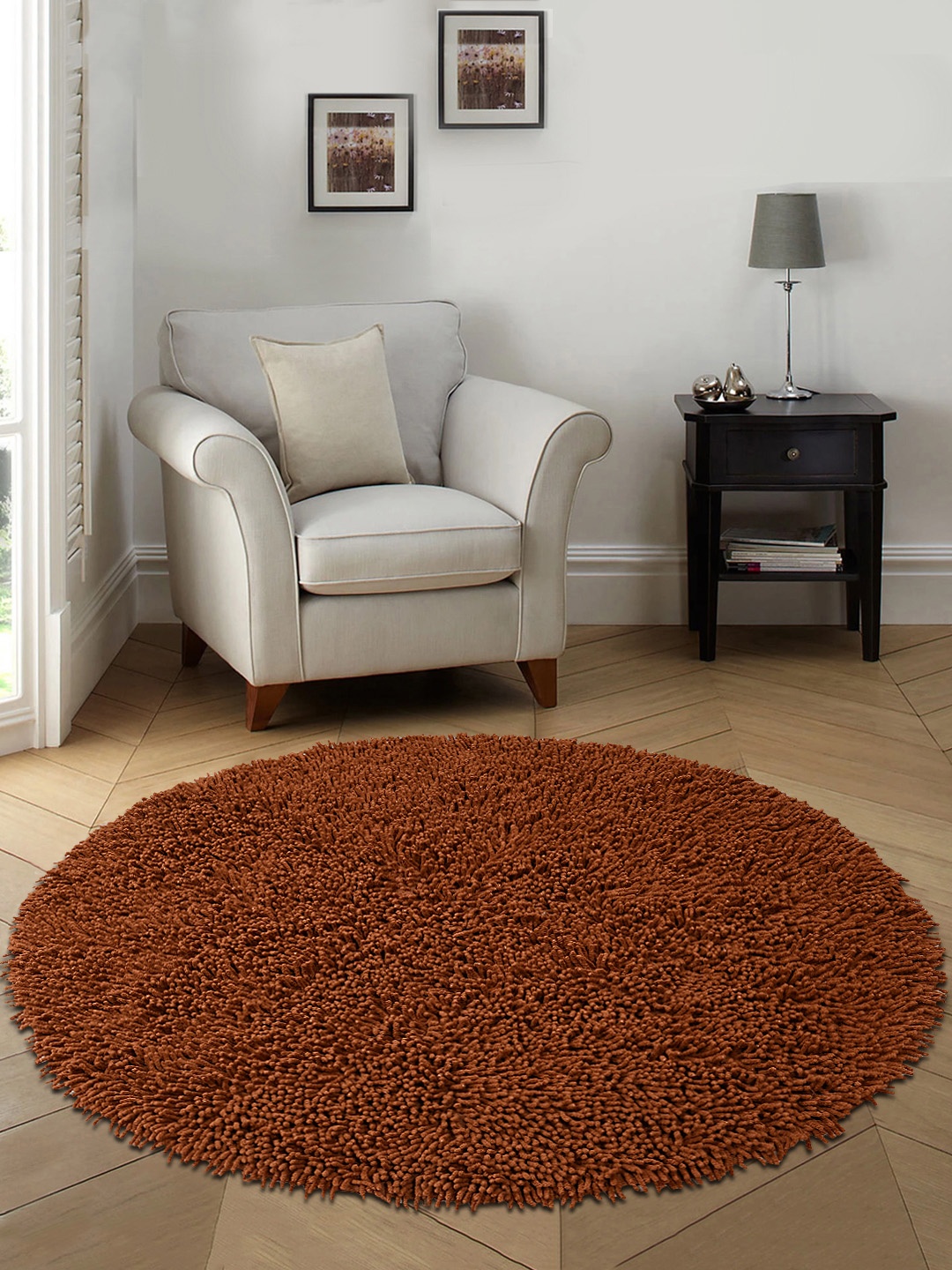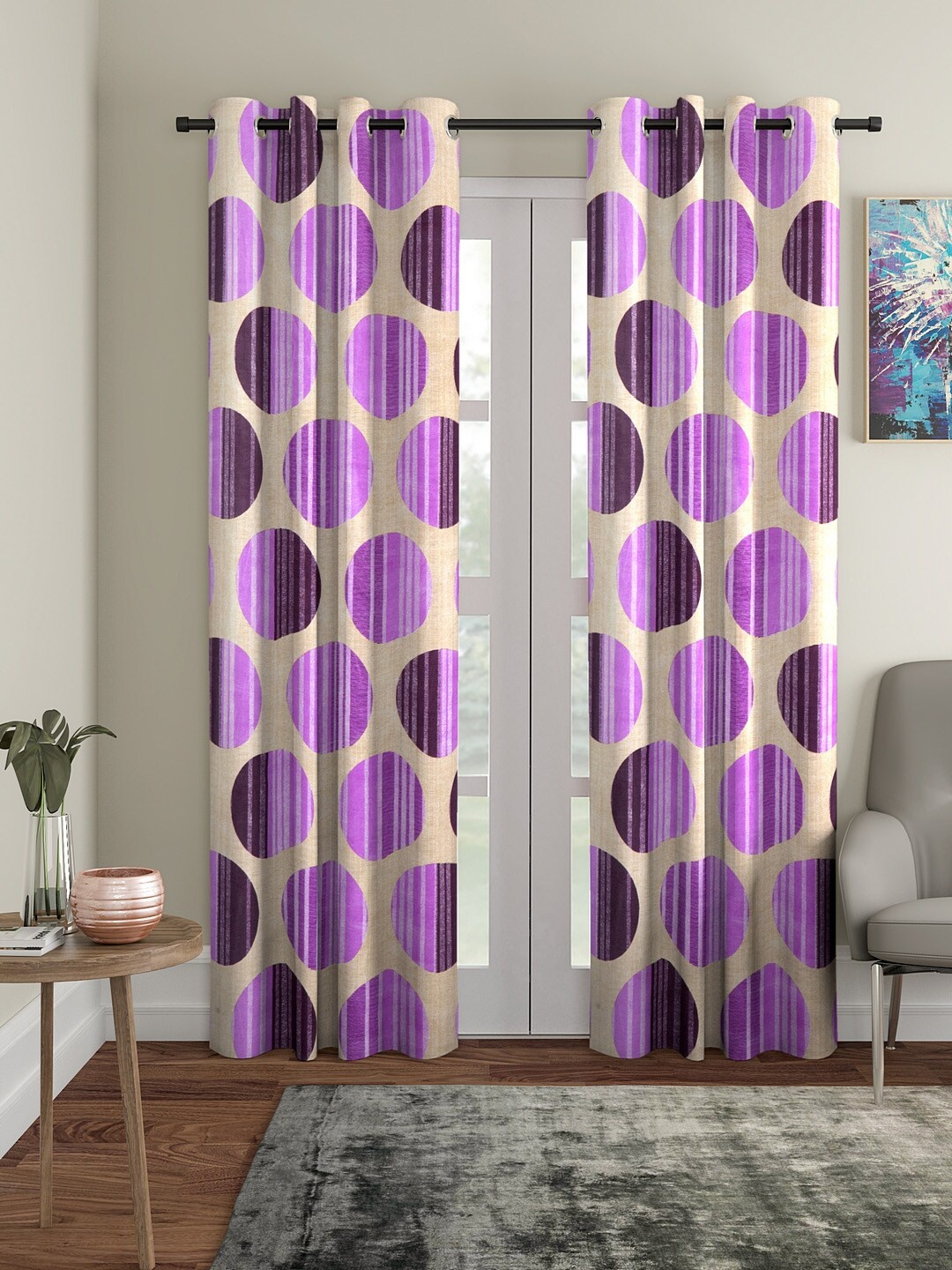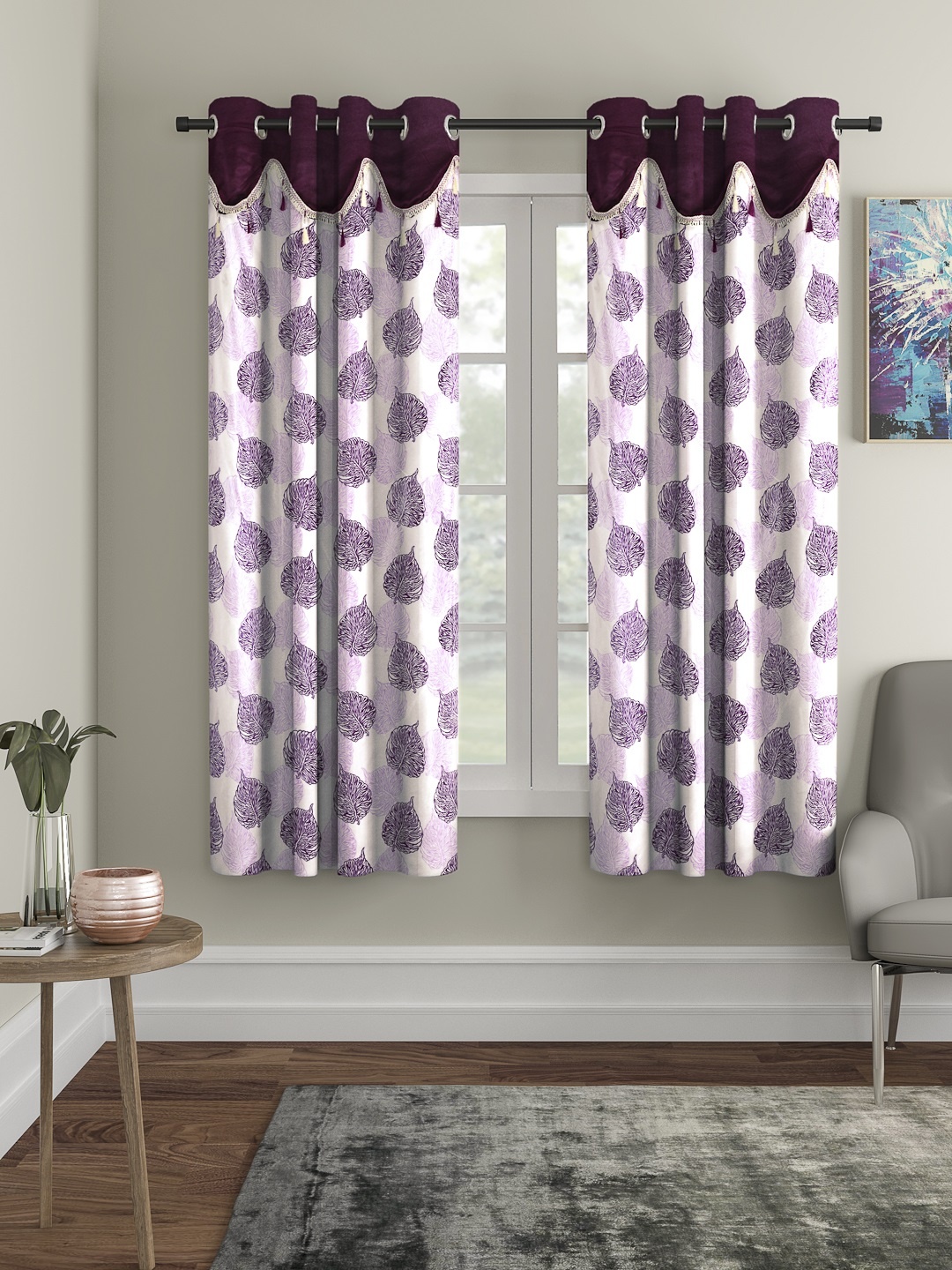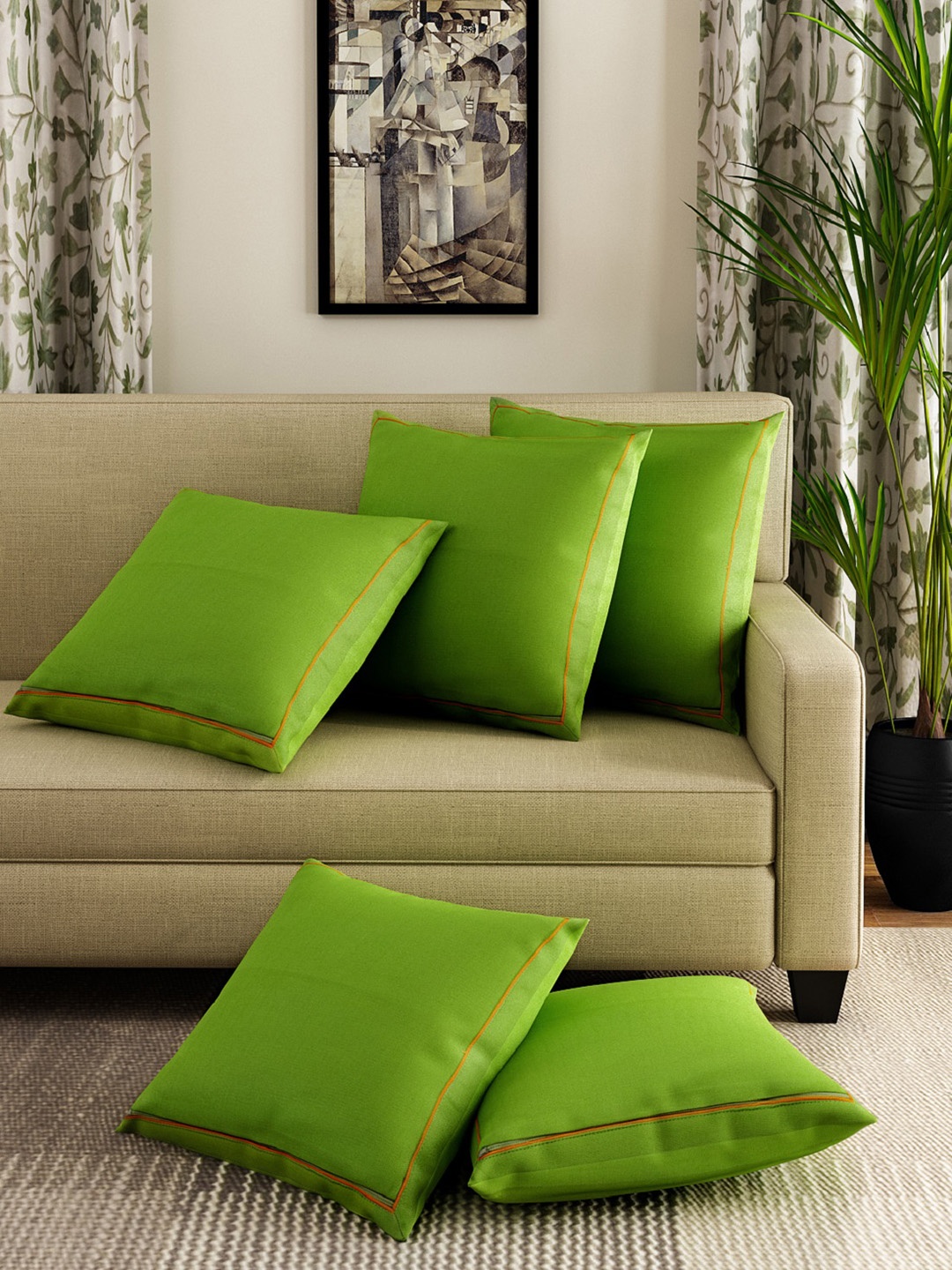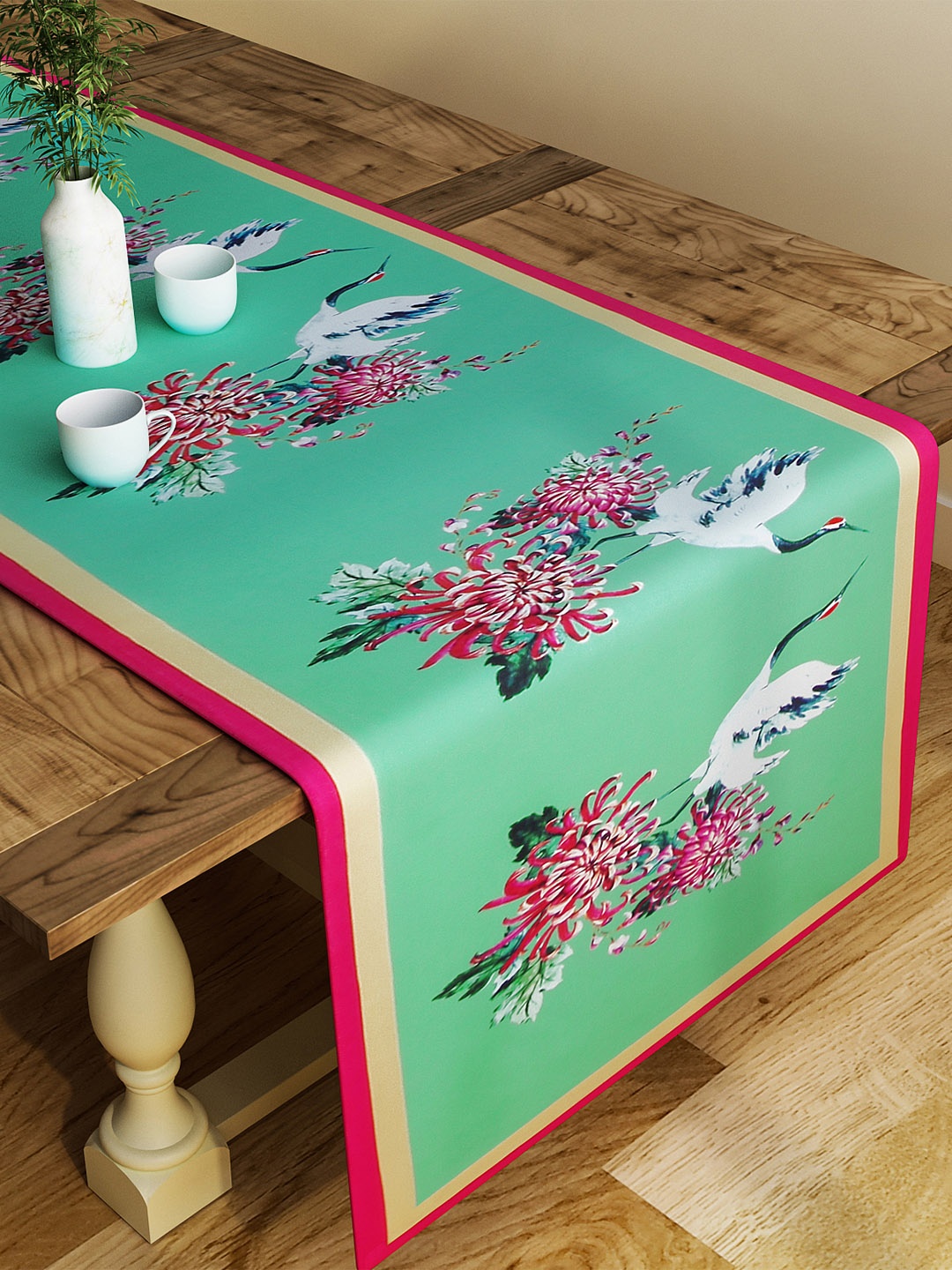Locked In A Dilemma? Rim Lock Or Mortise Lock, Heres Everything You Need To Know
Choosing between rim and mortise locks can feel like picking a side in a spy thriller. Let's unlock the mystery and help you make the right choice for your door!

Rim Lock Vs Mortise Lock Which Is Better
When it comes to securing your home or office, the type of lock you choose matters more than you might think. Rim locks and mortise locks are two popular options, each with its own strengths and quirks. Rim locks are generally easier to install and are typically used on exterior doors, while mortise locks offer a higher level of security and durability, often found in commercial settings. Whether you're upgrading your front door or fitting out a new space, understanding these differences can save you time, money, and stress in the long run.

Choosing Between Rim Locks And Mortise Locks Based On Installation And Safety; Photo Credit: Freepik
While both rim and mortise locks serve the same basic purpose, keeping things safe, their design, installation, and security levels vary significantly. Let's break down the key differences, advantages, and drawbacks of each type, helping you make an informed decision that suits your needs and your door. Let's discover which lock truly holds the key to better security.
| Feature | Rim Lock | Mortise Lock |
|---|---|---|
| Installation | Surfaced-mounted on the door | Fitted inside a pocket in the door |
| Security Level | Basic to moderate | Moderate to high |
| Aesthetic Integration | Often visible and bulky | Flush to the door, more discreet |
| Installation/Maintenance | Easy to install and maintain | Requires professional installation and occasional servicing |
What Is A Rim Lock And How Does It Work?
A rim lock is a surface-mounted locking mechanism typically installed on the inside of a door. It consists of a lock body that sits on the door's surface and a keeper or strike plate attached to the frame. Rim locks are often used on older doors or internal doors where high security is not the primary concern. They are relatively easy to install and can be fitted without major modifications to the door. However, because they sit externally, they are more exposed and potentially easier to tamper with. Rim locks are ideal for situations where convenience and simplicity are more important than maximum security.

A Simple, Surface-Mounted Solution For Internal Door Security; Photo Credit: Amazon
What Is A Mortise Lock And Why Is It Often Preferred?
Mortise locks are embedded into a pocket, or mortise, cut into the edge of the door. This design allows the lock to sit flush with the door, offering a cleaner look and stronger security. Mortise locks typically feature a more complex mechanism, often including a latch and deadbolt combination. They are commonly found in commercial buildings and high-security residential settings. Installation requires professional skill and precision, making them more expensive to fit. However, the added security and durability make mortise locks a preferred choice for external doors and areas requiring robust protection. Their concealed nature also makes them less vulnerable to forced entry.

A Secure, Built-In Option For External Doors And Modern Spaces; Photo Credit: Amazon
Security Comparison Between Rim And Mortise Locks
When comparing security, mortise locks generally come out ahead. Their internal placement within the door makes them harder to tamper with, and they often support more advanced locking mechanisms. Rim locks, while functional, are more susceptible to forced entry due to their surface-mounted design. That said, modern rim locks have improved significantly and can offer decent protection when paired with other security measures. For high-risk areas or main entrances, mortise locks provide peace of mind with their sturdy build and resistance to manipulation. If security is your top priority, the mortise lock is the more reliable option.
Also Read: Smart Locks In India: Transforming Home Security And Convenience
Installation And Maintenance Considerations
Rim locks are easier and quicker to install, making them a popular choice for DIY enthusiasts and budget-conscious homeowners. They require minimal tools and can be mounted without altering the door structure. Maintenance is also straightforward, with most issues being visible and accessible. Mortise locks, on the other hand, demand precision during installation. Cutting a mortise pocket requires skill and the right equipment, often necessitating professional help. Maintenance can be trickier due to the lock's internal placement, but its durability means fewer issues over time. Consider your comfort level with tools and your willingness to invest in professional installation when choosing between the two.

Rim And Mortise Mechanisms Differ In Design, Security, And Use; Photo Credit: Amazon
Aesthetic And Design Impact On Doors
The visual impact of a lock can influence your choice, especially if you're concerned about the overall look of your door. Rim locks are more noticeable and can appear bulky, which may clash with certain interior styles. They are often chosen for their vintage charm in period homes, but may not suit modern aesthetics. Mortise locks, being flush with the door, offer a cleaner and more integrated appearance. They blend seamlessly with most door designs and are less likely to draw attention. If you value subtlety and a streamlined look, mortise locks are the better fit for your design preferences.
Also Read: Go Digital: End Lost Keys Forever with a Smart, Secure Lock Upgrade
Which One To Choose
Choosing between a rim lock and a mortise lock depends on your specific needs.
Choose A Rim Lock If:
You want something quick to install, affordable, and suitable for internal doors.
Choose A Mortise Lock If:
You need stronger security, a cleaner look, and are okay with professional installation.
In the world of locks, rim and mortise options each offer unique benefits. Rim locks are simple and accessible, while mortise locks provide enhanced security and a sleeker finish. Your choice should reflect your security needs, design preferences, and willingness to invest in installation. Whether you're securing a cosy flat or a busy office, the right lock can make all the difference. Take the time to assess your door, your lifestyle, and your budget. With the right information, you'll be well-equipped to choose a lock that keeps your space safe and stylish.
Products Related To This Article
1. EvteQ EV-Y044-4 Electric Rim Lock 2 Wire
2. Heavy Duty Mortise Door Lock Set for Main Door
3. Twinbolt XL+ I 1CK Latchbolt
4. Cylindrical Plate Mortise Door Lock Handle
5. Deadbolt Compact I 1CK Deadbolt
6. Mortise Door Handle Lock for Main & Internal Door
7. Deadbolt for Main Door, Suitable for Right and Left Handed Doors
8. Heavy Duty Door Locks for Main Door
9. Godrej Locking Solutions and Systems Locks
10. Heavy Duty Mortise Door Lock Set for Main Door
Frequently Asked Questions (FAQs)
Q1: What Is The Main Difference Between A Rim Lock And A Mortise Lock?
The main difference lies in how they are installed. Rim locks are mounted on the surface of the door, while mortise locks are embedded inside the door, offering better security and a cleaner look.
Q2: Are Mortise Locks More Secure Than Rim Locks?
Yes, mortise locks are generally more secure due to their internal placement and complex mechanisms. They are harder to tamper with and are ideal for external doors and high-security areas.
Q3: Can I Install A Mortise Lock Myself?
Installing a mortise lock requires cutting a pocket into the door, which can be challenging without the right tools and experience. It's usually best to hire a professional for proper installation.
Q4: Do Rim Locks Work Well For Internal Doors?
Rim locks are suitable for internal doors where high security is not essential. They are easy to install and maintain, making them a practical choice for bedrooms, bathrooms, and storage areas.
Q5: Which Lock Is Better For A Modern Home Design?
Mortise locks are better suited for modern home designs due to their flush installation and minimal visual impact. They blend well with contemporary aesthetics and offer strong security.
Disclaimer: The images used in this article are for illustration purpose only. They may not be an exact representation of the products, categories and brands listed in this article.









![Steam Iron Teflon Shoe Cover for ES-300,ST-96 [Only For ES-300 and ST-96 Model Electric Steam Irons]](https://m.media-amazon.com/images/I/51wwkttondL._SL160_.jpg)


